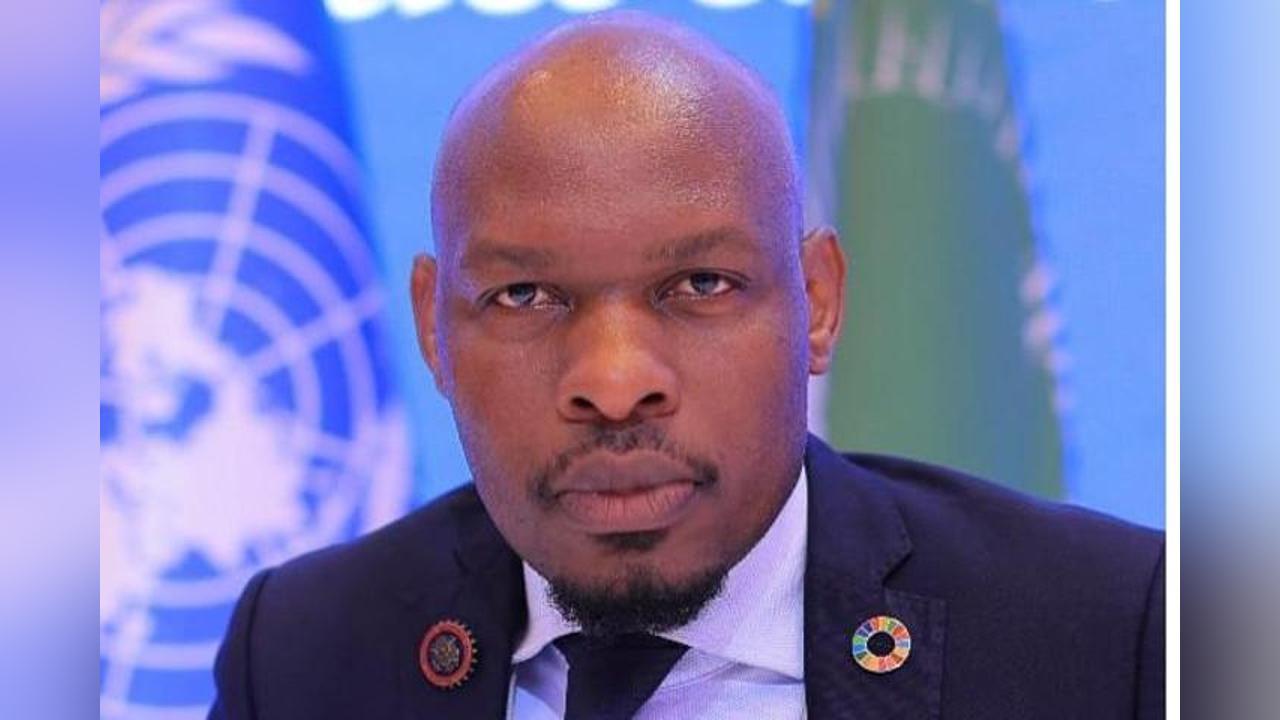By Robert Kigongo
Africa-Press – Uganda. As the world watches the escalating Israel-Iran nuclear tensions and the tragic genocide in Gaza, another global event quietly unfolds: the 2025 Club World Cup in the United States.
Amid this international football spectacle, a match between Spain’s Real Madrid and Mexico’s Pachuca offered a striking contrast—a powerful campaign against hate speech alongside disturbing incidents of racial abuse.
At the Hard Rock Stadium, the tournament prominently featured a ‘No To Racism’ campaign video, commemorating the International Day Against Hate Speech, observed every 18th June. This observance was established by the United Nations General Assembly in July 2021 to address the alarming global spread of hate speech.
The UN defines hate speech as “offensive discourse targeting individuals or groups based on inherent traits such as race, religion, or gender, affecting social peace and dignity.” The UN’s strategy expands this to any communication—spoken, written, or behavioral—that discriminates or attacks based on race, ethnicity, nationality, descent, or gender.
Despite globalization and global awareness, hate speech remains deeply entrenched. During the Real Madrid vs. Pachuca game, black defender Antonio Rüdiger was reportedly subjected to racial abuse, a reminder that racism persists even at the highest levels of sport.
Racial abuse—a common form of hate speech—targets individuals based on skin color, ethnicity, or background. It stems from prejudice, misinformation, indoctrination, ideological differences, and intolerance.
Manifestations of hate speech are not limited to words but include gestures, symbols, cartoons, memes, and objects.
In European football leagues, black players like Samuel Eto’o, Vinícius Júnior, Kolo Touré, Neymar, and Dani Alves have been subjected to vile acts such as having bananas thrown at them—an ugly reminder of persistent racism.
Worse still, hate speech fuels chronic hatred that can escalate into extremism, terrorism, civil unrest, refugee crises, insecurity, and even genocide, as Rwanda’s tragic history painfully illustrates.
Nelson Mandela famously said, “No one is born hating another person because of his skin, or his background, or his religion. If people must learn to hate, they can be taught to love, for love comes more naturally to the human heart than its opposite.”
Sports can and must be harnessed as a unifying force against hate speech and hatred. Mandela’s own legacy is a testament: during his presidency, he united South Africa’s black majority and white minority post-apartheid.
The iconic 1995 Rugby World Cup final, where Mandela rallied the nation behind the Springboks with the slogan “One Team, One Country,” remains one of sport’s greatest moments of unity.
Sport transcends religion, race, and gender, making it a powerful tool to confront hate speech. Global tournaments like the FIFA World Cup and the Olympics have become platforms for raising awareness and promoting inclusion. The 2022 World Cup in Qatar and the 2023 Women’s World Cup in Australia and New Zealand featured messages like “One Love,” “Save the Planet,” “No Discrimination,” and “Protect Children,” emblazoned on captain armbands and stadium signage.
The ongoing 2025 Club World Cup continues this tradition. FIFA’s anti-discrimination campaigns, featuring stars like Vinícius Júnior, Sergio Ramos, Edinson Cavani, and Pep Guardiola, are crucial in educating fans worldwide about the dangers of hate speech and racial bigotry.
Beyond awareness, sports organizations can organize friendly charity matches celebrating diversity and showcasing different cultures, values, and perspectives. Athletes and coaches, as public figures, have a vital role in modeling respect and condemning hate speech and violence.
For example, following the Real Madrid vs. Pachuca game, coach Xabi Alonso publicly supported Rüdiger after his response to alleged racial abuse, demonstrating solidarity.
Speaking out against hate speech can be risky, but players like Vinícius Júnior have shown courage in confronting racism despite potential backlash and lost accolades.
In the digital age, hate speech spreads rapidly online. Athletes and teams must leverage social media platforms to counter hateful narratives with messages of unity, diversity, inclusion, and respect.
Partnerships such as that between Fifa and the UN Human Rights Office provide a blueprint for collaboration among civil society, governments, and sporting bodies to combat hate speech, fostering social cohesion and peaceful coexistence.
Additionally, equipping community leaders with tools to identify and counter hate speech, alongside promoting intercultural and interreligious dialogue, are essential strategies.
While respecting freedom of expression and human rights, sports can serve as a reliable pillar in the global fight against hate speech.
In a world fraught with hate, whether on the football pitch, basketball court, cricket field, hockey rink, or tennis stadium, sport possesses the extraordinary power to challenge xenophobia, racism, and all forms of discrimination—building unity in diversity and advancing peace for all.
Robert Kigongo is a peace negotiator and sustainable development analyst.
For More News And Analysis About Uganda Follow Africa-Press






